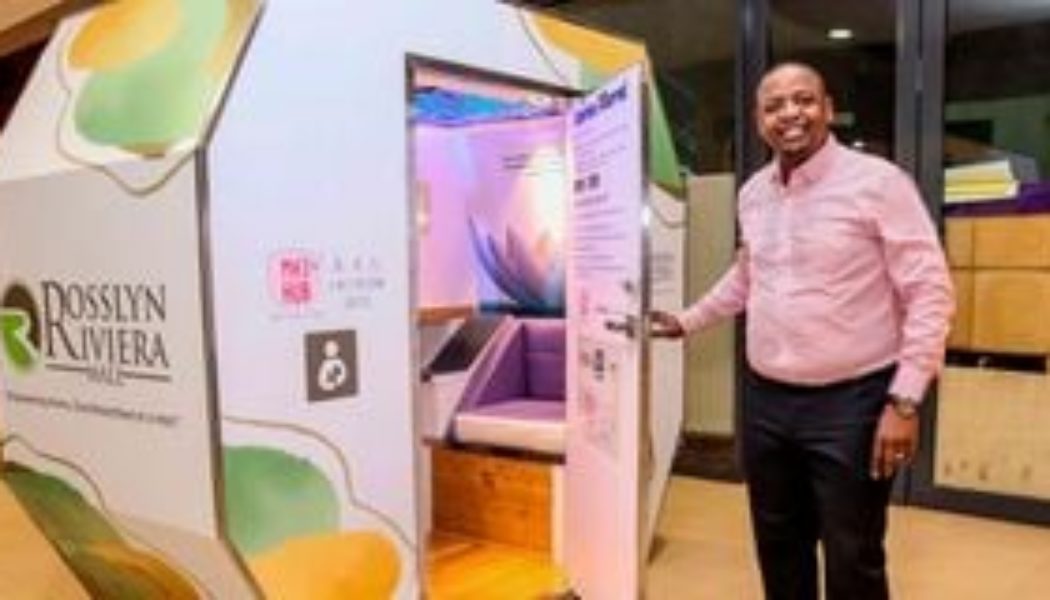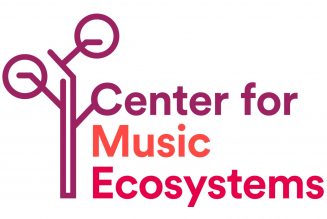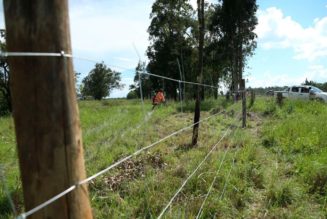Formally employed mothers are vulnerable to early cessation of exclusive breastfeeding and Steve Mutua knows this too well having seen his wife struggle to give their children the best possible start in life.
At his former workplace where they offered training and childcare services including professional child-minders for the corporate creche, Mutua recalls desiring to have a tangible product he could launch in the market to ease the burden of many working mothers.
“I struggled with this desire because I could not quite envision what this product would be. During our efforts to enhance our services by gathering feedback from child-minders, we pinpointed a significant challenge faced by almost all nursing mothers, particularly those balancing work and motherhood,” he explains.
“This challenge revolved around ensuring an ample supply of milk for their children in their milk banks.”
The majority of these mothers were unable to keep up with demand and ultimately had to resort to infant formulas, which devastated them because they knew they were not giving their children the best start possible in terms of health and immunity. The cost of pursuing a career was too high, he observed.
“I saw the challenges firsthand when my career-oriented wife experienced similar difficulties after the births of our children. I could only empathise with her as she sacrificed much of her sleep each night to pump milk, ensuring our babies had access to their mother’s milk for the crucial first six months when exclusive breastfeeding is recommended,” he recounts.
During the 2020 Covid-19 lockdown, Mutua stumbled upon some information that he was determined to leverage to our advantage.
Employers would have to provide spaces for nursing mothers to express or breastfeed if a breastfeeding Bill, which has been presented to the National Assembly, is approved.
Mutua, intrigued began researching similar laws in other countries and their responses. He found that several nations had enacted comparable legislation. It was during this exploration that he stumbled upon the lactation pod, that gave birth to his firm Ma’s Hub Lactation Pod.
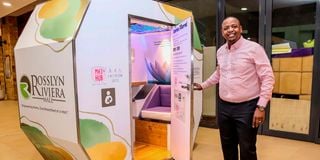
Ma’s Hub Lactation Pod Innovator Steve Mutua poses next to Ma’s Hub Lactation Pod at Rosslyn Riviera Mall in Nairobi on June 1, 2024.
Photo credit: Bonface Bogita | Nation Media Group
“I was positive that this was my opportunity, and I would stop at nothing to pursue my newfound passion. I delved into developing my designs and conducted thorough research to create the perfect lactation pod. After sketching several designs, I arrived at a finished product. I then reached out to seasoned structural engineers who helped me fine-tune the concept,” he explains.
“Subsequently, I secured the trademark Ma’s Hub, representing Mother’s Hub, along with the Utility Model (equivalent to a patent), and the Industrial Designs.”
With an initial capital of Sh5 million mostly drawn from his savings, Mutua allocated these funds towards research, labour, rent, development of models (structural drawings), custom manufacturing, importation of certain components unavailable locally, prototype manufacturing, and testing.
“During the process, I reached out to friends, and family, and even obtained a loan from a financial institution. It was exhausting as I did not have the budget for a formal product launch, so I made do with the little resources I had by promoting the business only via emails and social media platforms.”
Mutua explains that they developed the prototypes in August 2021 and gathered feedback from mothers, the end users, to evaluate them. Incorporating the suggestions they received and introducing new features, they iteratively refined the original design.
“Since then, we have enhanced the product by utilising top-quality components and employing precise modeling with artificial intelligence (AI) for mass production. The outcome is fully assembled and disassembled units that are easily transportable to any location worldwide,” he explains.
“The Ma’s Hub Lactation Pod is now accessible for use by working mothers and individuals in public spaces.”
Mutua is proud the product being embraced by a diverse clientele.
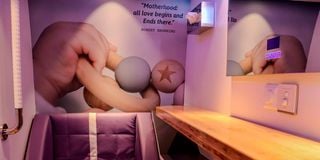
Inside view of Ma’s Hub Lactation Pod pictured at Rosslyn Riviera Mall in Nairobi on June 1, 2024.
Photo credit: Bonface Bogita | Nation Media Group
“The feedback and validation we receive from various corporates and businesses in Kenya, whether they are inviting us to present or come to our workshop to see our product, keeps us going,” he says emphasising their commitment to WHO and UNICEF standards when developing the product.
Each office lactation pod is equipped with a refrigerator set at zero degrees Celsius to maintain the freshness of the mother’s milk.
Additionally, it provides lockable compartments where a mother can safely store her milk. The pod also features foldable or retractable laptop working tables, enabling mothers to multitask efficiently while attending to their work responsibilities.
“All of our lactation pods come standard with fireproof opaque exterior claddings, 98 percent bamboo food grain interiors for environmental conservation, air circulation systems, comfortable leather seats, power outlets for charging other devices and the breast pump, ambient lighting, LED-lit mirrors, Bluetooth speakers for music streaming, attractive graphics, and retractable castor wheels. They can also be custom-branded,” says Mutua adding that the pods have attracted inquiries from other countries in Europe and West Africa.
He recognises the importance of persistence, resilience, and focus in his endeavor to break into the fiercely competitive market.
“It all begins with identifying a societal gap that demands fulfillment,” he says noting how crucial it is to bear in mind that while you may be the architect of the product, you are not the ultimate end-user. Thus, continuous adaptation to meet their evolving needs remains imperative.
Building consumer awareness and highlighting the convenience of Ma’s Hub Lactation Pods has been a gradual process, as is typical with any new product introduction. “We have successfully installed our pods in various locations, including a religious building and several malls in Nairobi. Currently, we are preparing to handle orders for a business in Uganda and a foreign embassy in Nairobi.”
Mutua employs a team of 12 individuals.
Access to the pods is free for a breastfeeding mother. Employers or property owners bear the financial responsibility for covering the infrastructure installation costs. He says one of their business strategy is direct sales.
“Lease terms form the basis of our second model. Under this arrangement, we will handle the installation and ensure the lactation pods are maintained in optimal operating condition at all times. Each unit will be available for lease at Sh100,000 per month, with a minimum lease duration of one year.’’
“We have a keen focus on the global market. With the inclusion of an assembly and maintenance handbook, we are now equipped to ship Ma’s Hub lactation pods to any location worldwide,” he concludes.
